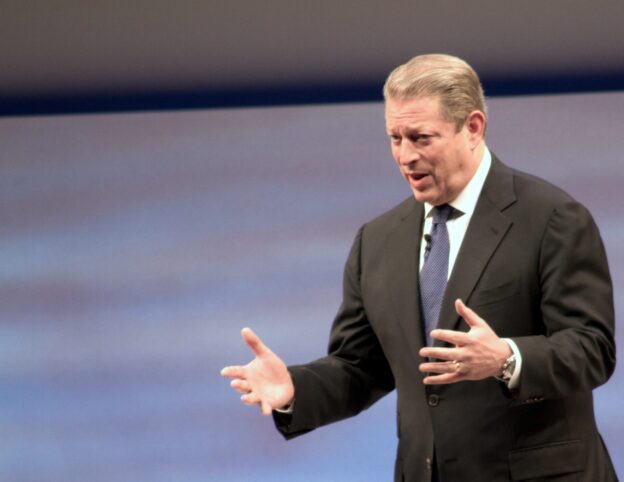At first glance, the relationship between fossil fuels and white male patriarchy may be difficult to evince, but if captured through the prism of the cultural history of the West, especially of America, the relationship becomes anything but unclear. This is one of the more sobering points of Cara Daggett’s essay, “Petro-masculinity: Fossil Fuels and Authoritarian Desire” wherein the linkage between authoritarianism impulses and white male patriarchy is contextualized around the usage of fossil fuels, hence the provocative term “petro-masculinity.”
Though the paper veers too deep into psychoanalytic territory and at times reads more like a rant than a journal article, simplistically accounting the “shared frustration among white men who have struggled to find a housewife willing to receive their veneration” for one of the reasons how the psychology of Trump supporters worked to elect the current president, the essay nonetheless engages provocatively with the Climate Change crisis. The paper connects masculinity with the usage of fossil fuels and the practice’s pointed, destructive tendencies. Whether it be a clever display of environmentally-focused analysis of semantics (Daggett deconstructs the word “petro” by presenting the diametrically opposed forces within, those of dead/rigidity (fossils) and those of life/flow (energy brought about through death)), a socio-historical reading of white male cultural bonding with fossil fuels (a leitmotif is the link between the boom of cars and the stable jobs and social positioning that American white man procured after World War II) or a psychologically engaged approach to defining authoritarianism (studies of Nazi psychology is keenly used) as an unrelenting entity hellbent on violently spreading its order and influence, Daggett’s paper impressively covers the paper’s complex topic in a rich, interdisciplinary way.
The essay leaves the reader with enough meat to chew on for days. What’s especially striking is grounding the fossil fuel-American masculinity dialectic as a response to World War II gender dynamics:
Instead of sturdy husbands and firm fathers controlling their wives and children, lisping bureaucrats and social workers were now running the show. World War II exacerbated the problem; with so many men away at the front, and women working in the factories, male authority was further eroded (37).
Though this isn’t Daggett’s words (she references Corey Rubin here), the essay is filled with this sentiment. Daggett’s arguments tend to connect the response of American white men to the World War II “re-gendering” of society (which consisted of fossil fuels usage ala energy consumption) to the present moment when American white voters, as an aggregate, have channeled their masculinity through damning global warming movements by doubling down on fossil fuel usage (i.e. the support of bringing back coal power despite the industry’s economic impotency) in their unbridled support of Trump and his dangerous climate politics. Such connections lead us to ponder interesting questions about the effect of culture on one’s politics and consider how the refusal to let go of power is manifested in one’s political stances. Trump’s detrimental positions on Climate Change aren’t just based in an anti-science ideology, but also a politics rooted in a nostalgia for a past for which a certain group can feel; the idea that this nostalgia is inherently related to fossil fuel usage is both a disturbing but vital thought in perhaps understanding the Trump phenomenon.
It is disturbing in that, like the flow/rigidity dynamic that Daggett professes as the bizarre dialectic within the fossil fuels-American masculinity model (with “rigidity” representing the blockade of culture destruction and “flow” representing the perpetuation of a dominant culture and its systemic rule), nostalgia, normally attributed to preciousness and innocence, is juxtaposed with ecosystem destruction and violence. However, it’s essential to recognize this “destructive nostalgia” since “The novelty and freedoms enabled by fossil-fuelled civilization are entangled with horrific violence, such that to embark upon fossil-fuelled life is to spark off mass species extinction just as much as it is to make possible the internet or global social movements” (31).
Accepting this allows us to see the rubric of Daggett’s thesis as re-contextualizing the simultaneous “creation-destruction” element of the industrialization-natural environment dynamic around white male masculinity, authoritarianism and fossil fuels. Despite its engrossing angle regarding the stabilization of patriarchy in relation to the destructive usage of fossil fuels, the essay is built on a point with which many readers may be too familiar; that is, our treasures and freedoms are predicated on the evaporation of our planet. If climate deniers are to accept this, we could all be one step closer to ending the recycling of a culture and identity that preserves ecological demolition and gross exploitation of natural resources.



